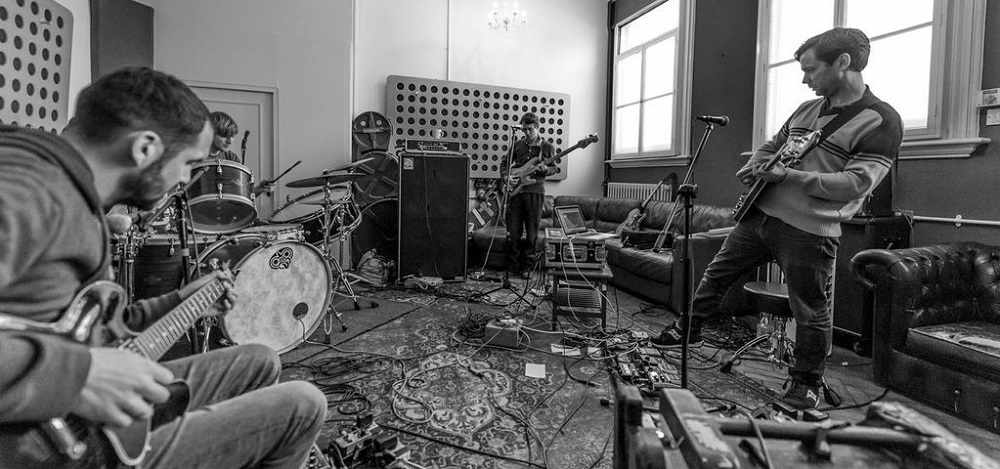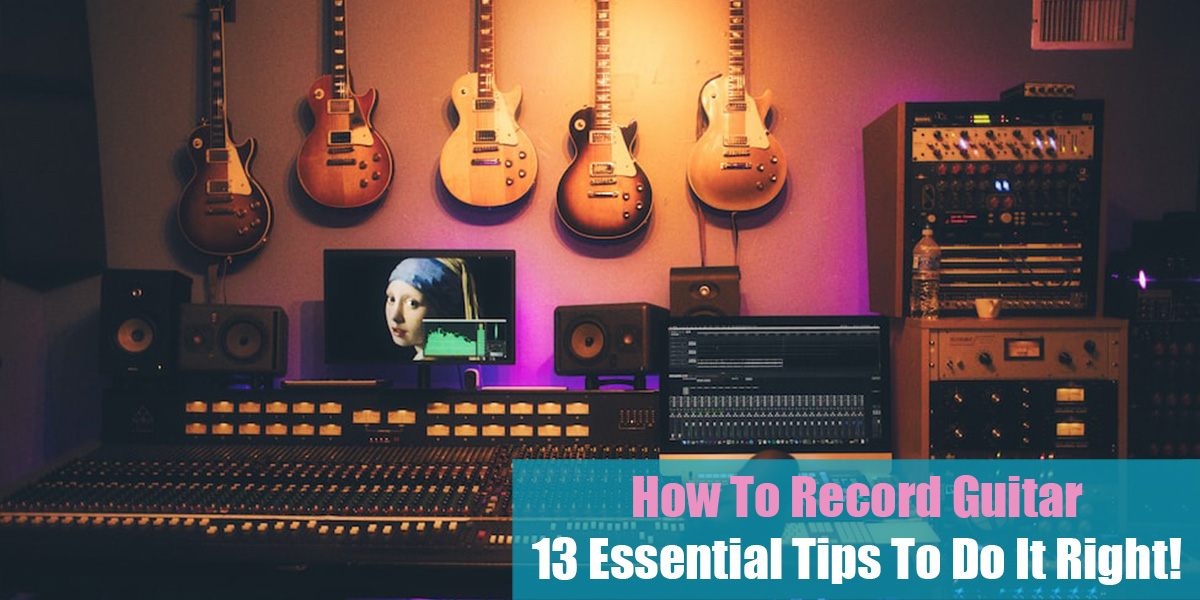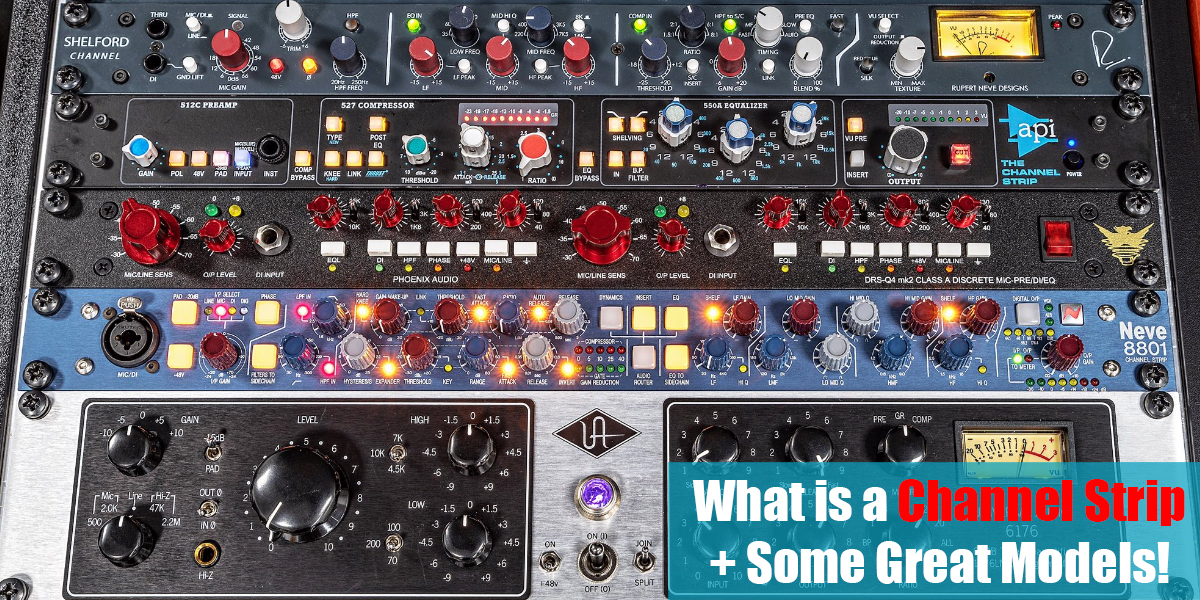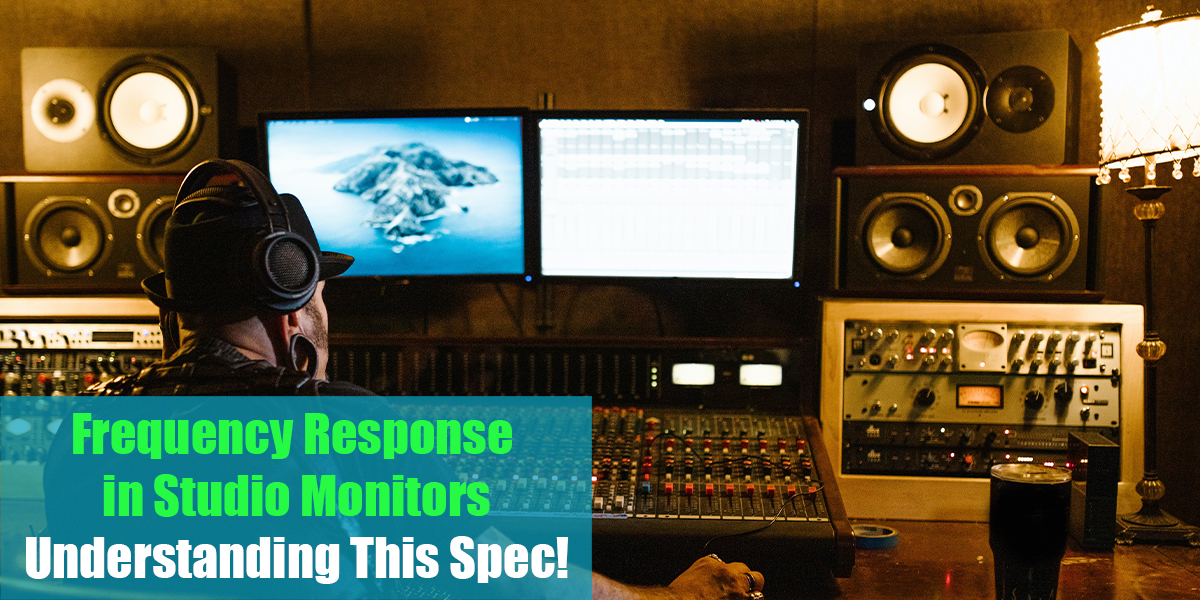Tips for Productive Band Practice
Introduction
Feeling aimless during band practices? Are you not progressing as quickly as you should? Do you feel that the journey home has been a waste of time? In spite of the fact that you may be a new band or even an experienced band, you may still find that the practice sessions you have are not up to scratch before your onstage debut.
Even if your band is an experienced band, you may still find your practice sessions leave a lot to be desired. Congratulations on scheduling a rehearsal! The first step toward making music with others has already been accomplished. It is, fortunately, possible to implement a simple solution that can be summed up in a single word: plan!
Here are 15 tips for band practice, and you’ll see results in no time:
1. Good Band Leader
It is important for a band leader to be a good communicator and have a strong sense of organization who will be able to keep track of details such as dates, who still owes money, and any other boring aspects of band management.
Also, a good band leader must be able to make decisions that may not be popular with some of the other band members, such as casting the deciding vote on which songs to drop from the setlist.
You need your band leader to be able to take criticism and resistance if their decision is met with resistance or even criticism. This must be done in order to maintain the band’s unity.

2. Be Prepared
The process of educating other members about the material before it can be effectively rehearsed is extremely frustrating. A basic understanding of the material in advance will require approximately forty minutes of your time, but will ultimately save the band a great deal of time.
It is important to point out that you do not necessarily need to have pre-rehearsed the material perfectly, but at the very least, you should have an understanding of it before entering the practice room.
3. Set a Goal
To some extent, you would be correct to conclude that the purpose of any practice is simply to ‘practice the songs’. It is fair to say, however, that you would approach your practice differently if you were preparing to perform rather than rehearsing new material or practicing for a recording session.
However, if you are attempting to lay down a new demo, the pacing is less important than precision when it comes to getting some new material up to scratch. During this type of practice, the song, not the set, takes precedence, and if the song requires further improvement, you may do so as long as necessary.

4. Unnecessary Breaks
Do not waste time in rehearsal discussing the latest episode of your favorite show or how adorable someone’s new pet is. We all need time to socialize and catch up with friends. Do not hesitate to meet up with a friend or two one hour or so before band practice and discuss anything you need to resolve before you start practicing.
The purpose of this time is to rehearse only. Taking time to use the restroom or eat before rehearsal is also important since there is no time to take a break when practicing.
5. Learn Your Parts
Make sure you memorize all lyrics, guitar parts, drum patterns, and anything else you are responsible for before, not during, your rehearsal. In addition to saving you time during practice, this will also give your bandmates encouragement that they are making progress.
If, however, you need to make any changes to the part you have already spent time and energy learning, do not be too disheartened; it is entirely possible that, when you all perform a song together in person, some adjustments may be necessary to suit the style and range of your band.

6. Stay Focused
It is difficult to work long sessions. In addition to being hot and stuffy, they can be particularly draining. Maintaining focus is, however, of the utmost importance. A hint of losing focus in a positive creative environment can cause all of your efforts to crumble.
As a result of practicing the steps above, hopefully, the ability to focus will come naturally. A reasonable and polite approach can make the difference between a successful session and a lost one if one member begins to stray from the group.
Need more tips on music inspiration? Check them out here!
7. Rehearsal Structure
Plan your band practice in advance to avoid wasting time wondering what you should do next. You may have to try a few times to find a rhythm that works for you. Do not give yourself too many unnecessary breaks – it is important not to overdo it, and breaks are a great time to review what you have accomplished so far.
However, if you are accustomed to playing for prolonged periods, you will be better prepared for a concert or lengthy recording session (plus, you will be getting your money’s worth if you are paying for your practice room).

8. Communicate
It is not always a good sign if one member of your band does not speak much. Communication is essential in terms of opinions on songs and the direction of rehearsals.
When one person speaks up later on after feeling like they have not been heard or that the direction of the song has been incorrect for months, this will save a lot of time. In order for a productive environment to be created, open communication must be promoted.
9. Be Plugged
Also, it is important to get the levels just right – you do not want the drums and guitars to be too loud when you are practicing this type of music. It will also be easier for you to hear any potential mistakes that need to be addressed if you play at a lower volume, so your vocalist(s) will not have to strain their voices to be heard over the other instruments.
At this stage, it may be worthwhile to equip each band member with a microphone, rather than just the vocalist(s), to ensure you can hear each other over the music.

10. Record Your Practice
It is amazing how helpful this can be. It is likely that you have encountered a practice where something seems off, but you are unable to identify what it is. Keeping a record of your practices can be very helpful in this regard.
Your sessions can be listened to again and picked apart until you determine exactly what the problem is. Additionally, these recordings can be used to track the progress of your band, which always serves as a confidence booster.
11. Be Respectful
In a band, you are greater than the sum of your parts, so each member deserves to benefit from the practice session. It is imperative that you all arrive prepared for every practice, as well as respect your bandmates during rehearsal.
For mutual respect to be demonstrated, you should all follow the same rule: no noodling! If you are interrupting a group discussion, please refrain from playing your instrument between songs.
It is also advisable to purchase a tuner pedal for every guitarist and bassist in your band if they have not already done so. An irritating sound is that of a guitar that is being tuned loudly.

12. Learn Your Words
As well as knowing your instrument, its repertoire, the history of the period, and why the music is arranged the way it is, it is essential to understand why the music is written the way it is. You should always translate the libretto into your native language before singing in a foreign language.
This will ensure that you fully comprehend the meaning of the words. Become familiar with some of the greatest artists and recordings of the music that you play and try to determine what makes each artist or particular performance great.
13. Plan Future Rehearsals
Your first productive band practice has now been completed, and now it is time to move on to the next stage: keep at it! Make sure that you schedule one evening a week when all of you are available.
Before you know it, everyone will be used to this commitment and will quickly begin to benefit from it. Plan a regular rehearsal schedule for your chosen rehearsal space – this will ensure that everyone knows when and where to show up, and prevent other bands from taking your place.
You should then ensure that your band follows steps each week and watch your group improve.

14. Make Changes
People handle these kinds of situations differently, but sometimes it can be easy to fall into the mentality of “that’s the way we’ve always done it” or “eh, it’ll work”. The mindsets described above will hold your group back and will adversely affect your musical product.
In the event that something does not seem right, it is very likely that there is something abnormal about it. Please change it! Find a better alternative! Think outside the box. Your musical product will reflect these elements the more you are able to catch them and avoid settling.
15. Be a Team
Depending on the scenario, this one may appear differently, but the goal is to serve as a unit rather than a dictatorship. It is important that all members of a band have the same voice and be treated as equals. It is possible to cause friction and rifts if one individual takes over.
Therefore, take the time to listen to what everyone has to say. Try out someone’s idea for direction or delivery! In addition, it is unlikely to harm you and might even lead to a great performance. Only in a session environment can this be slightly different, where musicians perform with an act rather than represent a brand.
Conclusion
It is necessary to decide what you are going to accomplish during each practice session, how you will break things down into realistic segments, and what realistic deadlines you will be working under. As a result, you may need to prepare new songs or cover versions for a performance or recording session.
As much as musical styles and approaches, how well you work with others is often influenced by your personality. It is often the ability to adjust and organize as a band without creating unnecessary conflict that determines whether you will succeed or fail.
In order to be successful, practice sessions are essential, no matter whether you are just starting out with a band or you are having difficulties with an existing one.






